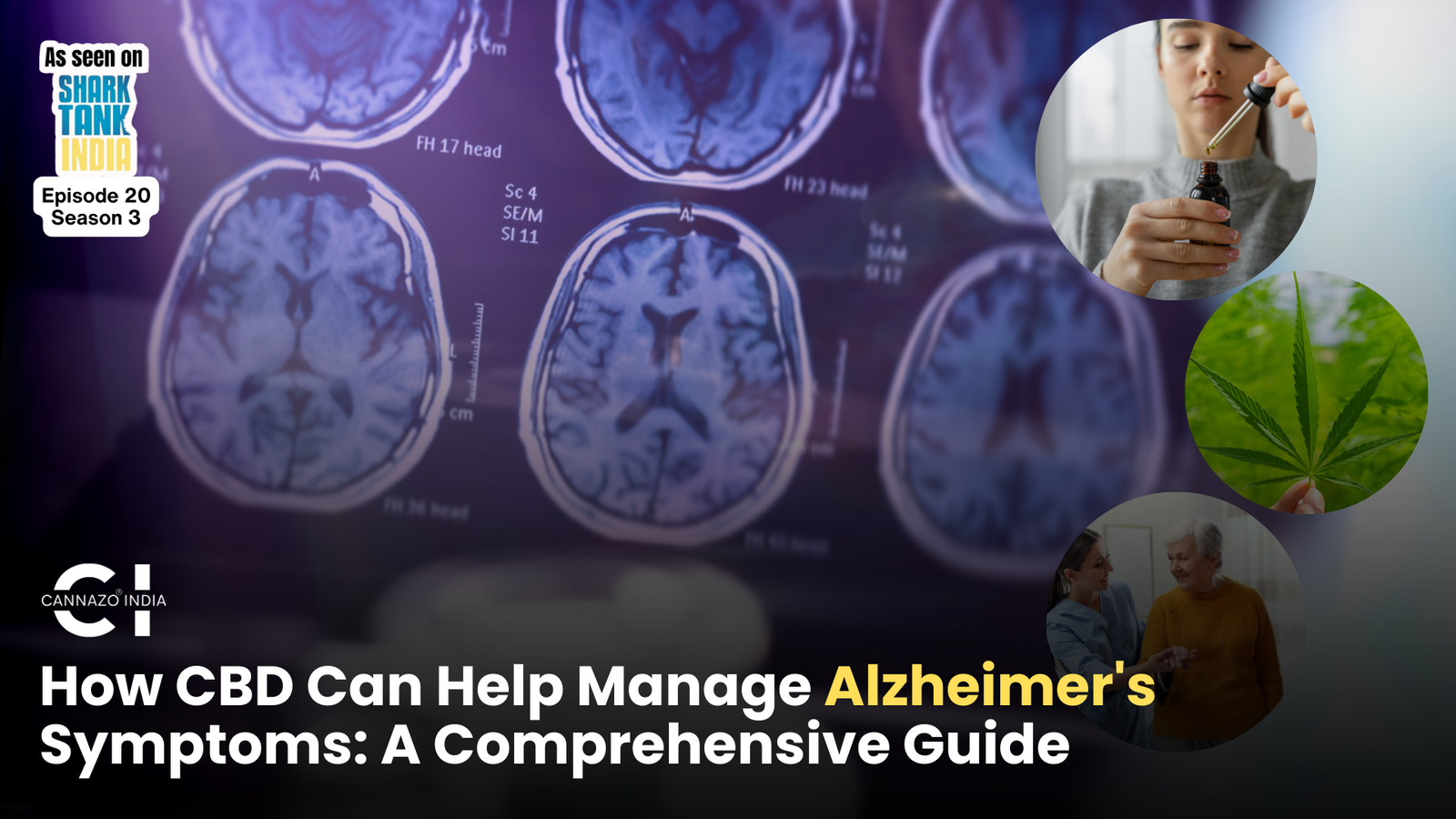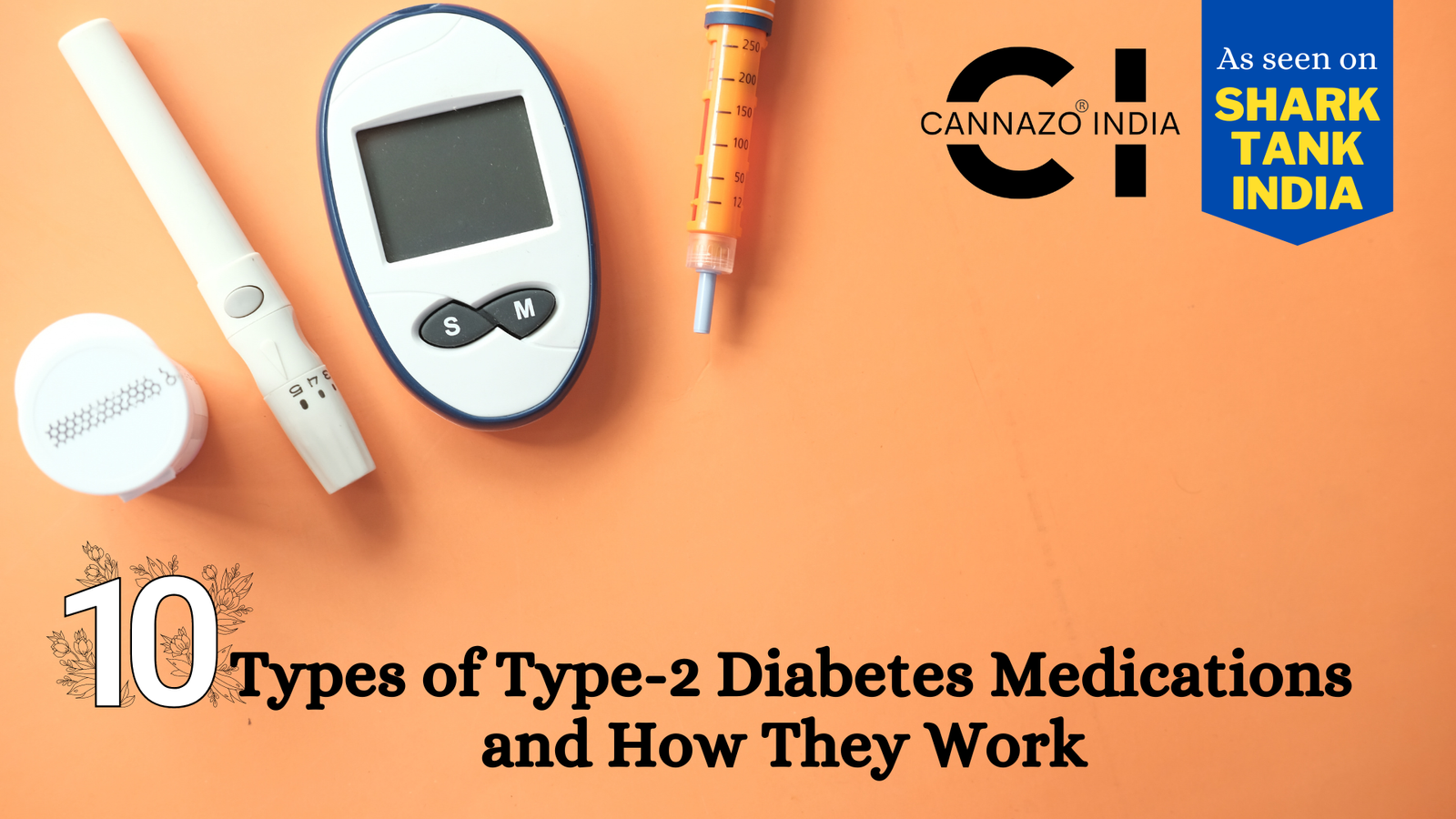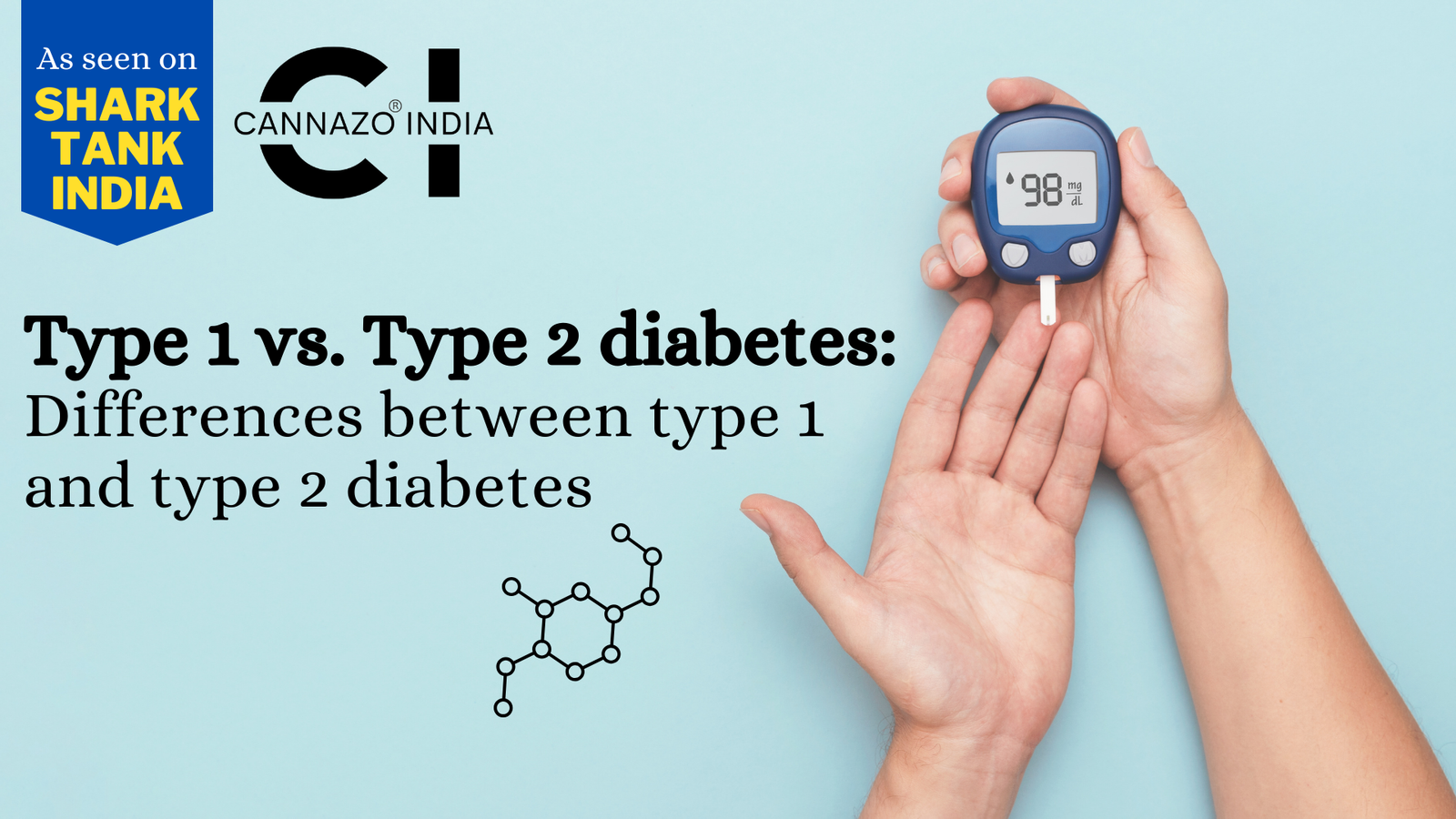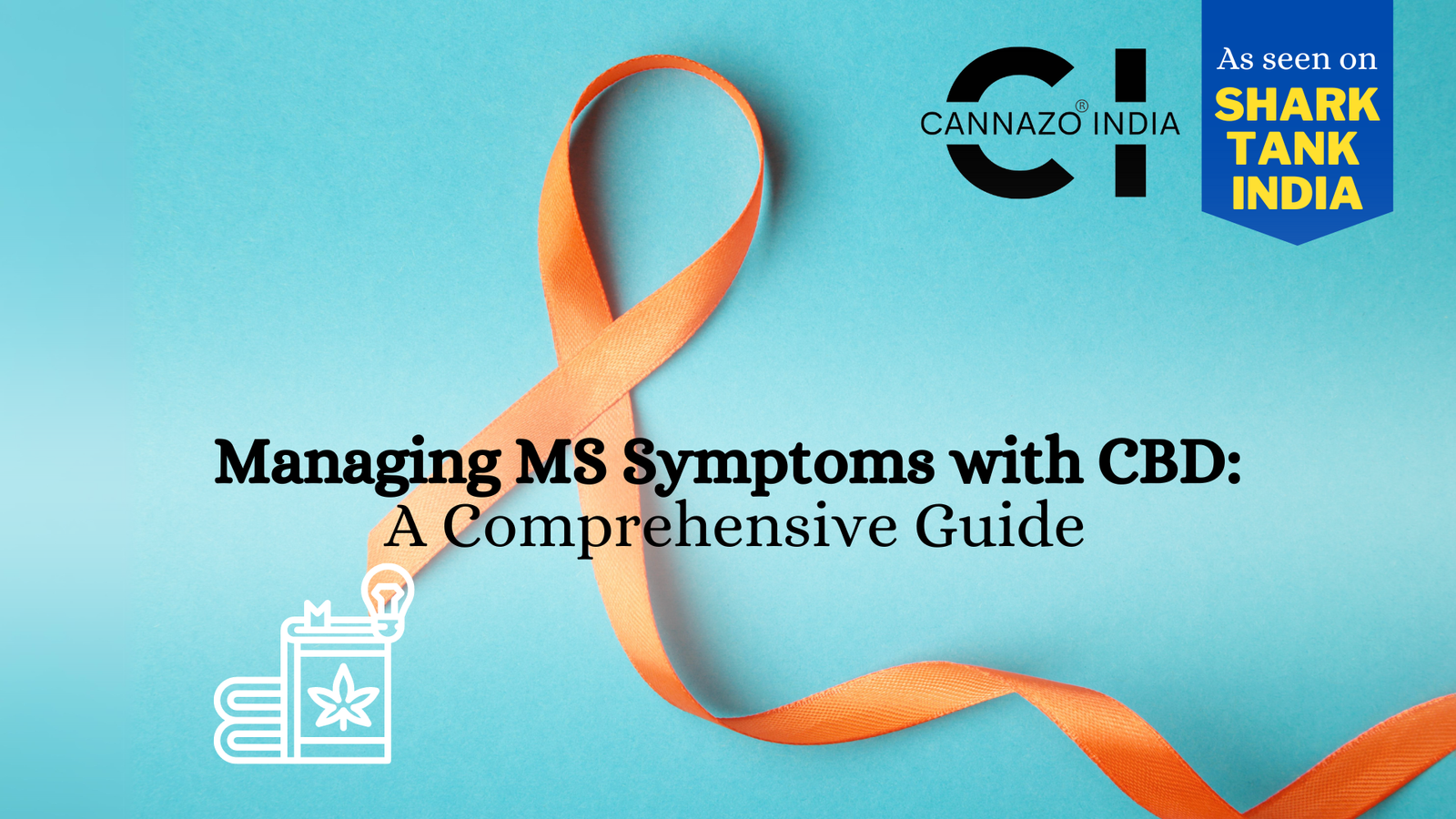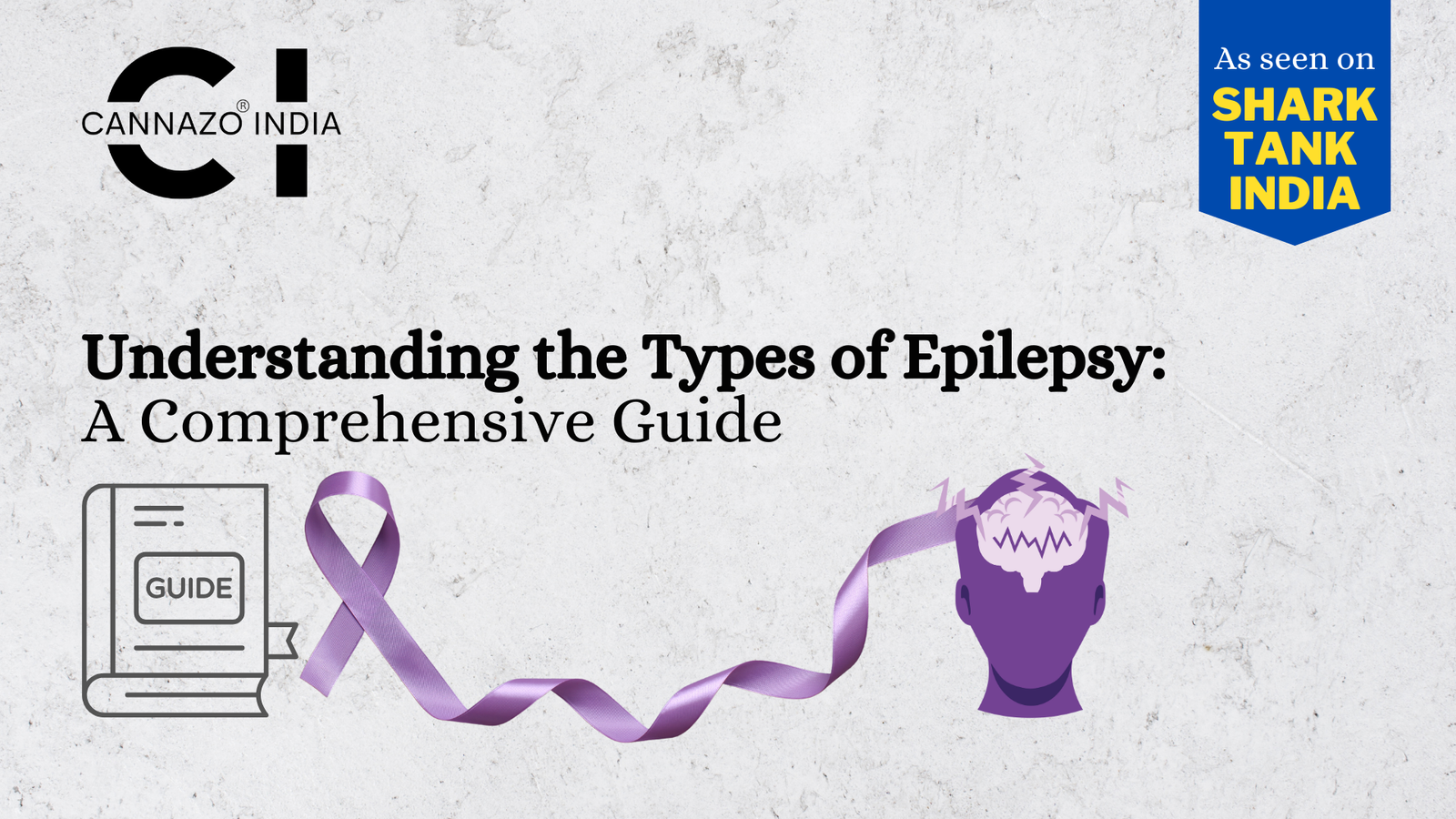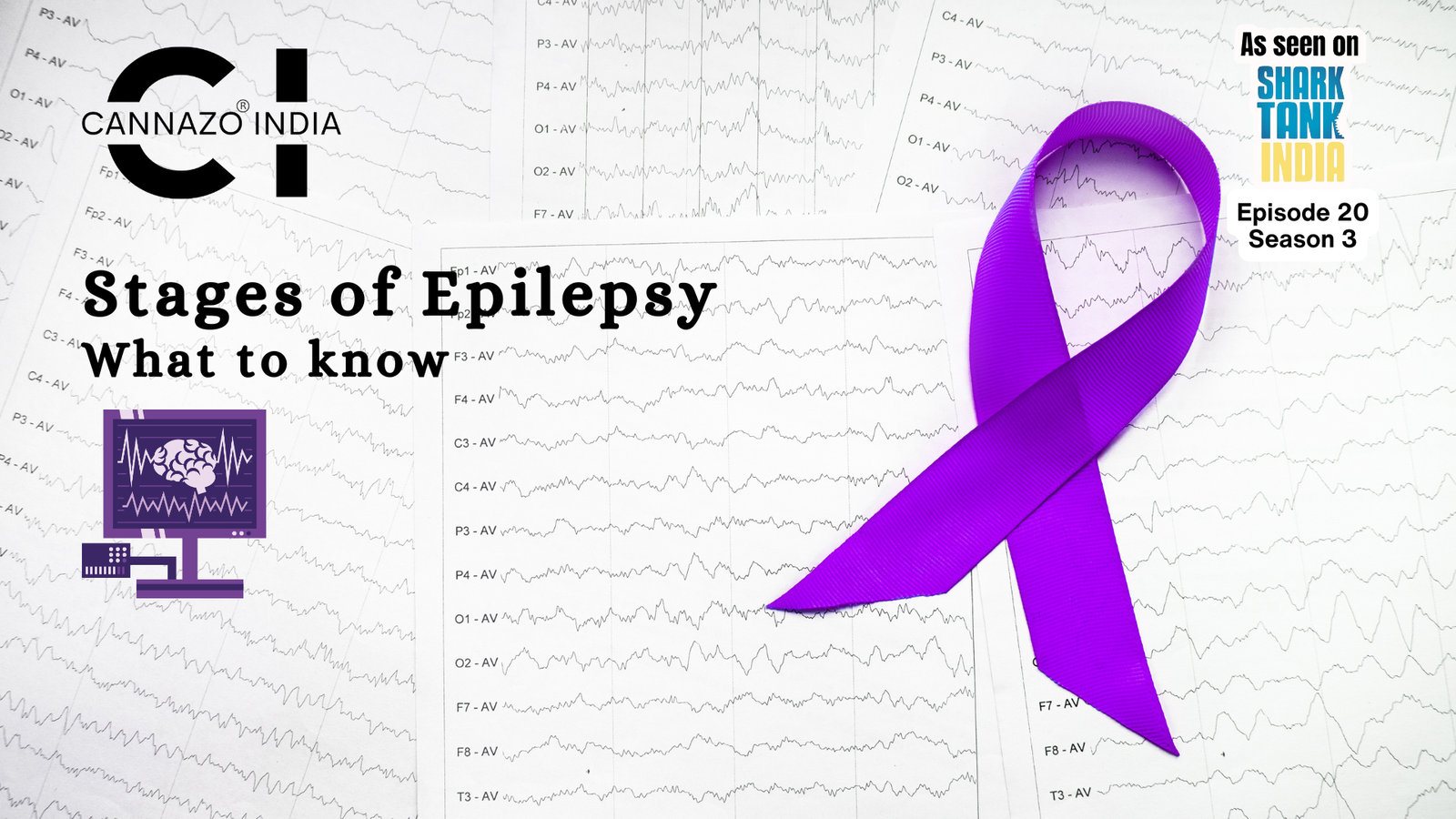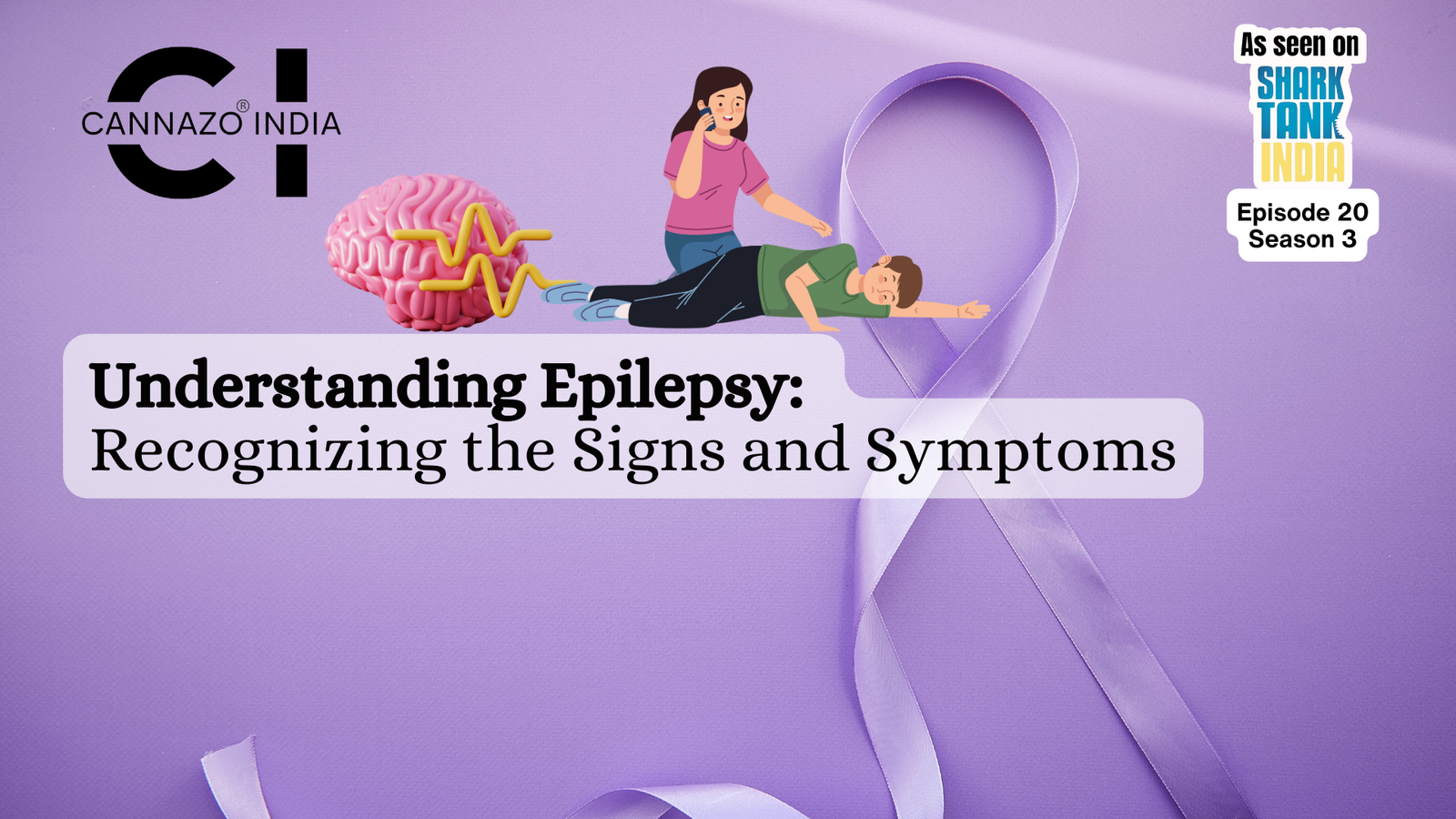Introduction
Alzheimer’s disease is a progressive neurodegenerative disorder affecting millions worldwide. As researchers seek effective treatments, cannabidiol (CBD) has emerged as a promising candidate for managing various Alzheimer’s symptoms. This guide explores how CBD may alleviate some challenges faced by Alzheimer’s patients and their caregivers.
Alzheimer’s Disease and Its Symptoms
Alzheimer’s is characterized by beta-amyloid plaques and neurofibrillary tangles in the brain, leading to cognitive decline and memory loss. The symptoms typically progress through three main stages:
Early Symptoms
- Memory lapses, particularly for recent events
- Difficulty finding the right words
- Misplacing items
- Poor judgment and decision-making
- Increased anxiety or hesitation to try new things [1]
Middle-Stage Symptoms
- Increasing confusion and disorientation
- Difficulty recognizing family and friends
- Obsessive or impulsive behavior
- Speech and language problems
- Sleep disturbances
- Mood swings and depression [1]
Late-Stage Symptoms
- Severe memory loss and cognitive decline
- Difficulty with basic daily activities
- Behavioral changes, including aggression and wandering [1]
- Loss of physical abilities, including walking and swallowing
Read More:- Your Complete Guide to CBD Oil in India: Benefits, Uses, and Legality
The Science Behind CBD and Alzheimer’s
Recent studies have shown promising results regarding CBD’s potential to address some of the underlying mechanisms of Alzheimer’s disease:
- Reducing Beta-Amyloid Plaques: CBD has been found to help restore the function of two key proteins, TREM2 and IL-33, which are important for reducing the accumulation of beta-amyloid plaques in the brain.
- Anti-Inflammatory Effects: CBD has demonstrated the ability to reduce levels of IL-6, an immune protein associated with high inflammation levels in Alzheimer’s.
- Neuroprotection: Research suggests that CBD may offer neuroprotective benefits by enhancing the release of neurotrophic factors and modulating genes within the inflammatory cascade.
- Improving Cognitive Function: In animal studies, CBD has shown potential in improving cognition, reducing anxiety, and enhancing memory in models of Alzheimer’s disease. [2],[3],[4]
How CBD Can Help Manage Alzheimer’s Symptoms
Improving Cognitive Function
CBD’s ability to reduce beta-amyloid plaques and neuroinflammation may contribute to improved cognitive function in Alzheimer’s patients. Studies have shown that CBD can help maintain spatial memory and reduce memory impairment in animal models of the disease.
Reducing Anxiety and Aggression
CBD has shown promise in reducing anxiety and aggression in various studies:
- CBD may help alleviate anxiety by interacting with the endocannabinoid system, which plays a role in regulating mood and stress responses.
- In animal models of Alzheimer’s, CBD has been shown to reduce anxiety-like behaviours and fear-associated responses.
- The calming effects of CBD may help manage agitation and aggression in Alzheimer’s patients, potentially improving the quality of life for both patients and caregivers.[4], [5]
Supporting Sleep
CBD may help improve sleep quality:
- CBD has been shown to have potential benefits for treating insomnia and other sleep disorders.
- By reducing anxiety and promoting relaxation, CBD may help Alzheimer’s patients achieve more restful sleep.
- Improved sleep can contribute to better overall cognitive function and mood regulation during waking hours.[4]
How to Use CBD for Alzheimer’s
When considering CBD as a complementary treatment for Alzheimer’s symptoms, it’s crucial to consult with a healthcare professional. They can provide guidance on dosage, potential interactions with other medications, and the most appropriate form of CBD for individual needs.
Dosage and Administration
The optimal dosage of CBD for Alzheimer’s symptoms can vary depending on factors such as the severity of symptoms, body weight, and individual response to CBD. Some general guidelines to consider:
- Start with a low dose and gradually increase until the desired effects are achieved.
- CBD can be administered in various forms, including oils, capsules, and topical applications.
- Consistency is key – regular, daily use of CBD may be more effective than sporadic administration.
It’s important to note that while CBD is generally considered safe, it can have side effects and interact with certain medications. Common side effects may include:
- Diarrhea
- Dry mouth
- Reduced appetite
- Drowsiness and fatigue [4]
Conclusion
While research on CBD’s effects on Alzheimer’s disease is still in its early stages, the available evidence suggests that it may offer potential benefits for managing various symptoms associated with the condition. CBD’s ability to reduce inflammation, protect neurons, and potentially slow cognitive decline makes it an intriguing avenue for further study in the treatment of Alzheimer’s.
However, it’s essential to approach CBD Oil use for Alzheimer’s with caution and under the guidance of a healthcare professional. As research continues, we may gain a better understanding of how CBD can be effectively integrated into comprehensive care plans for Alzheimer’s patients.
While CBD shows promise, it should not be considered a cure for Alzheimer’s disease. Instead, it may serve as a complementary approach to help manage symptoms and improve quality of life for those affected by this challenging condition. As always, a holistic approach that includes proper medical care, lifestyle modifications, and support from caregivers remains crucial in addressing the complex needs of Alzheimer’s patients.
Reference





